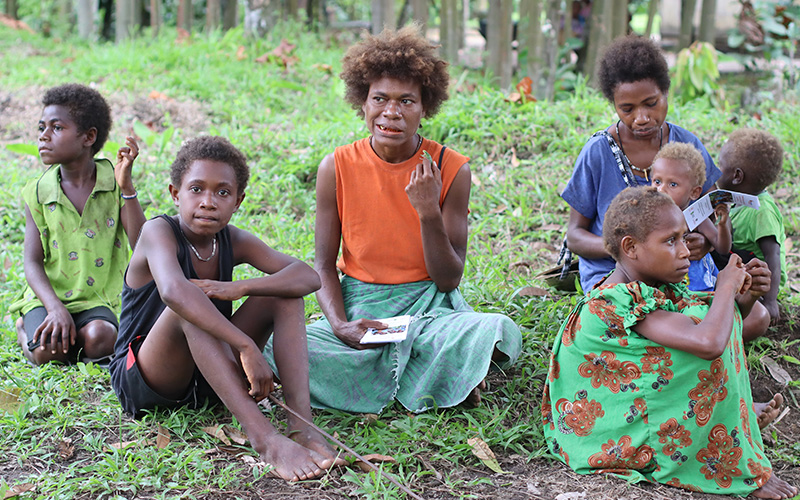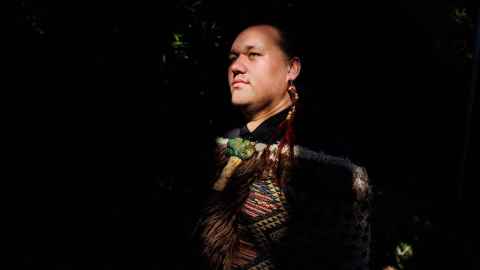A man is facing charges after he allegedly attempted to smuggle two endangered iguanas into Australia on board a cruise ship.
On 19 March 2019, the Australian Border Force (ABF) was notified by the vessel’s crew of a 49-year-old Australian passenger who had been found to be in possession of two live Fijian Banded Iguanas.
On 21 March 2019, ABF Maritime officers boarded the ship when it came into port in Sydney and conducted an examination of the man’s room and his luggage.
The iguanas were referred to the Department of Agriculture and Water Resources to assess the biosecurity risks.
ABF Investigators subsequently attended and interviewed the man, who they will allege acquired the reptiles during a stop in Vanuatu.
ABF Regional Investigations NSW A/g Superintendent John Fleming said the ABF would continue to work with its partners to stop the impact wildlife-related crime can have on global biodiversity.
“Sadly there are people in Australia who are prepared to pay large sums of money for exotic and rare wildlife products – but these people should know we are alert to their activities,” A/g Superintendent Fleming said.
“These iguanas are beautiful animals and it’s obvious why they are appealing to wildlife smugglers. Working with our partners, the ABF will continue to do all we can to put a stop to this cruel trade.”
Acting Head of Biosecurity Operations at the Department of Agriculture and Water Resources, Mark Simpson, said illegal imports of exotic animals can introduce devastating pests and diseases and, as such, pose a significant biosecurity risk to Australia.
“Our biosecurity officers worked closely with our ABF colleagues throughout this detection to ensure the significant biosecurity risks were managed.
“Any breach of Australia’s biosecurity is a serious matter and this is another example of effective collaboration between our agencies to stop potential biosecurity threats at our border.”
The matter is subject to ongoing investigation. Offences relating to the importation of CITES listed wildlife under the Environment Protection and Biodiversity Conservation Act 1999 carry a maximum penalty of 10 years imprisonment and a fine of up to $210,000.
Offences under the Biosecurity Act 2015 will also be considered.








